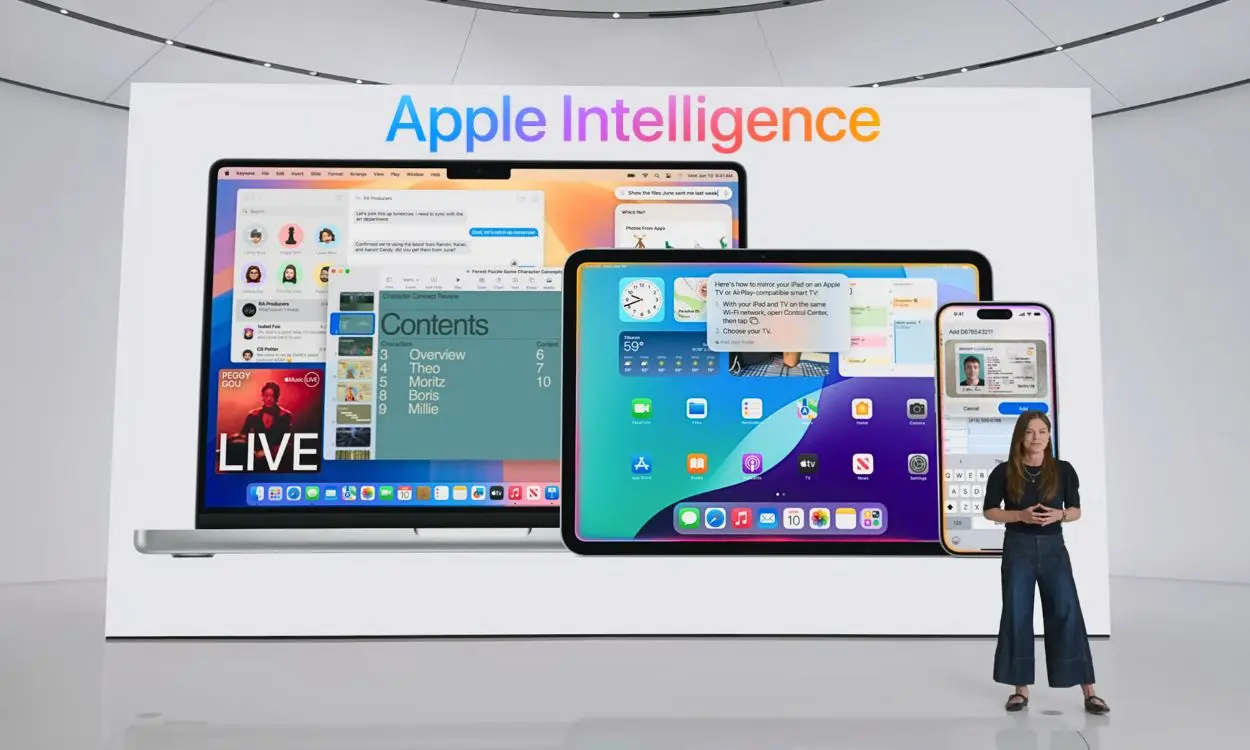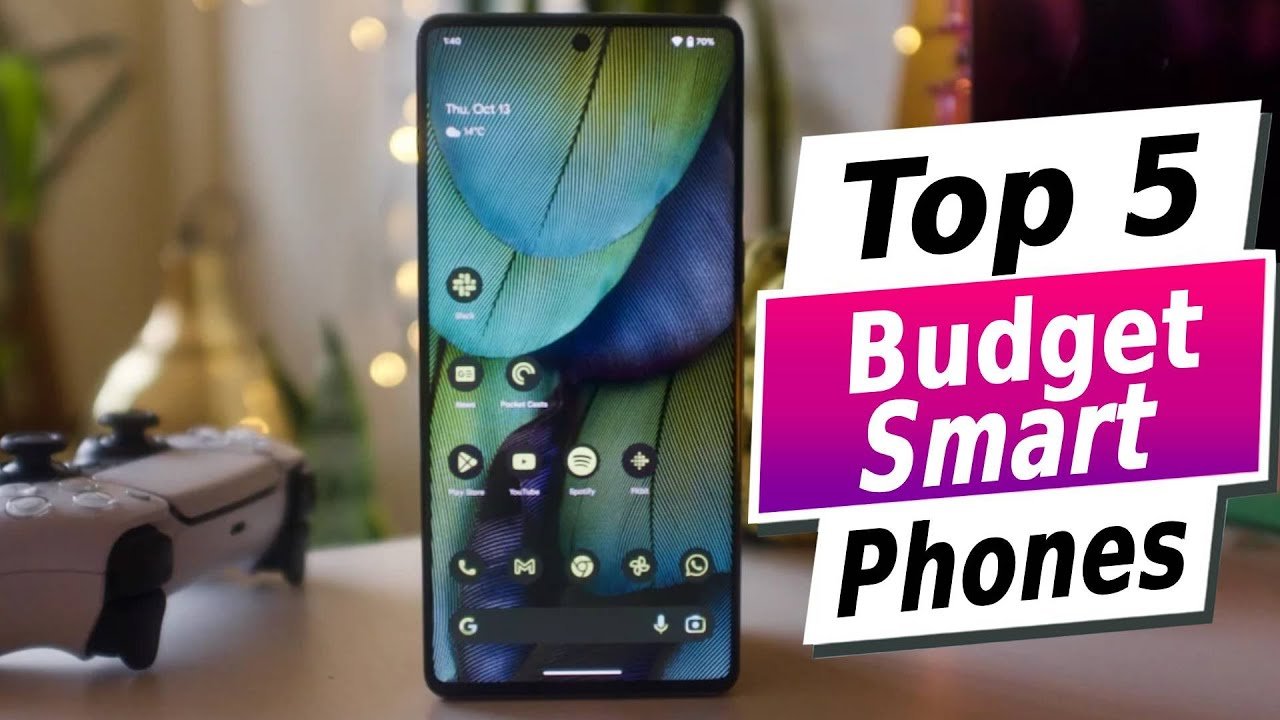Artificial intelligence (AI) has become a game-changer across many tech platforms, and Apple is no exception. With AI making devices smarter, faster, and more intuitive, it’s crucial to understand how Apple is using this technology to enhance its products. But which devices are getting Apple Intelligence? Let’s dive into the details.
Apple’s Integration of AI Technology
The AI revolution is reshaping how we interact with technology. From personal assistants to machine learning, AI’s reach is extensive, and Apple has been quietly incorporating it into its devices for years. Whether it’s through Siri’s voice recognition or Face ID’s biometric scanning, Apple Intelligence is more prevalent than many users realize.
Apple’s unique take on AI focuses on enhancing user experience by integrating AI seamlessly into its hardware and software. This ensures that devices not only perform better but also adapt to the user’s needs, learning from behaviors and habits to provide tailored experiences.
iPhones: The Leading Example of Apple Intelligence
When it comes to AI in Apple devices, the iPhone stands at the forefront. Each new iPhone release brings more advanced AI capabilities that redefine what smartphones can do.
Siri’s Enhanced AI Capabilities
Siri, Apple’s virtual assistant, was one of the first introductions of AI to the iPhone. Over the years, Siri has evolved to understand more complex queries, provide detailed answers, and even anticipate user needs. With the latest models, Siri’s on-device AI processes requests faster, all while ensuring privacy.
On-device AI for Photography and Image Processing
One of the standout AI-driven features on iPhones is its intelligent image processing. With computational photography, the iPhone camera can make split-second adjustments to lighting, contrast, and exposure, creating breathtaking photos in all kinds of environments. Features like Deep Fusion and Smart HDR are direct products of Apple’s AI advancements.
AI in Face ID and Security Features
Face ID revolutionized smartphone security, and it’s all thanks to Apple’s AI. By using a neural engine to map and recognize facial features, Face ID ensures that your iPhone remains secure while making the unlocking process seamless. It’s fast, reliable, and backed by the power of AI to ensure consistent accuracy.
iPads: AI Powerhouses for Creativity and Productivity
The iPad, with its larger screen and multitasking capabilities, has become a favorite for professionals and creatives alike. Thanks to AI, the iPad has moved beyond just a bigger iPhone—it’s a productivity and creativity tool in its own right.
Apple Pencil: AI-enhanced Precision
For artists and designers, the Apple Pencil’s integration with iPad Pro showcases how AI can enhance creativity. The Pencil uses AI to predict strokes, adjust pressure sensitivity, and even reduce latency, making it feel like you’re drawing on paper.
AI in iPadOS for Smart Suggestions and Performance
Apple’s AI in iPadOS optimizes workflows by offering smart suggestions based on usage patterns. From multitasking tips to app recommendations, AI helps users maximize productivity. It also plays a role in performance management, ensuring apps run smoothly without consuming unnecessary resources.
MacBooks and Macs: AI for Professional Workflows
MacBooks and desktop Macs are also reaping the benefits of Apple Intelligence. These devices aren’t just powerful—they’re smart.
Machine Learning for Photo and Video Editing
For professionals working with creative tools like Adobe Photoshop or Final Cut Pro, AI in macOS offers enhanced capabilities. Machine learning algorithms assist in tasks like photo retouching, video editing, and sound design, making them faster and more intuitive.
Enhanced Security Through AI in Macs
Security on Mac devices is heightened through AI as well. Features like the intelligent firewall and malware detection are powered by machine learning, helping to detect potential threats before they cause harm.
Apple Watch: AI for Health and Fitness Tracking
The Apple Watch has evolved from a smartwatch to an essential health companion, largely thanks to AI.
AI-powered ECG and Heart Monitoring
The Apple Watch’s health capabilities, such as the ECG app, use AI to detect irregular heart rhythms. This has helped many users catch early signs of heart conditions. Similarly, AI powers fall detection, reminding you to get help in critical situations.
AI’s Role in Workout Suggestions and Recovery Tracking
AI tracks your fitness patterns and can make recommendations on workouts, intensity levels, and recovery times based on your body’s responses. This personalized experience helps users stay fit and healthy in a smarter way.
HomePod and Apple’s Smart Home Devices
Apple’s smart home products, particularly the HomePod, leverage AI for a superior smart home experience.
AI-driven Siri for Voice Commands
Siri on the HomePod uses AI to handle voice commands, making the smart speaker not only a music device but also a central hub for home automation. Through AI, Siri can control lights, thermostats, locks, and more, offering seamless integration with your smart home setup.
AI in Sound and Environmental Sensing for Better User Experience
AI adjusts the HomePod’s sound output based on the room’s acoustics, ensuring optimal audio quality no matter where the speaker is placed. It can also sense environmental changes, like noise levels, and adapt its responses accordingly.
AirPods and AI-driven Audio Experience
AirPods use AI to deliver a personalized audio experience, with features like Adaptive EQ and Active Noise Cancellation.
AI in Sound Optimization and Noise Cancellation
AI continuously monitors and adjusts the sound based on the user’s environment. Whether you’re in a noisy café or a quiet office, AI ensures you get the best sound quality possible.
Adaptive Sound Technology Powered by AI
AI also powers the AirPods’ ability to automatically switch between devices or adjust audio levels based on context, making your listening experience seamless and effortless.
Apple Vision Pro: The AI Revolution in AR/VR
One of the most exciting frontiers for Apple Intelligence is its entry into augmented reality (AR) and virtual reality (VR) with the Vision Pro.
AI in Gesture Recognition
Apple’s Vision Pro utilizes AI to recognize and interpret gestures, allowing users to interact with digital content in a natural, intuitive way. This makes AR and VR experiences more immersive and user-friendly.
AI-enhanced Visuals and User Interaction
AI powers the display technology in Vision Pro, optimizing resolution and frame rates to ensure smooth, realistic visuals, while also adapting to user movements and preferences.
AI in Apple’s Software Ecosystem
AI isn’t just in the hardware—Apple has woven it throughout its software ecosystem as well, from iOS and macOS to watchOS and tvOS.
**AI-driven User
Experience Improvements**
Across Apple’s operating systems, AI is used to improve the overall user experience. Whether it’s making smart app suggestions, optimizing battery life, or speeding up performance, AI plays a critical role.
Machine Learning in Apps and Services Like Apple Music, Maps, and News
Machine learning models in Apple services like Music, Maps, and News help provide more personalized content, ensuring that recommendations are tailored to each user’s taste and habits.
Apple’s Custom Silicon: Powering AI at the Chip Level
The custom silicon, including the A-series and M-series chips, are specifically designed with AI in mind. The Neural Engine, a part of Apple’s custom chips, handles machine learning tasks, enabling AI-driven features to operate efficiently without compromising performance.
Privacy and Security in Apple’s AI Implementation
Apple takes a unique approach to AI by prioritizing user privacy. Most AI processing happens on the device itself, rather than in the cloud, which limits the amount of personal data that needs to be sent to external servers.
On-device Processing vs. Cloud-based AI
By performing AI tasks on-device, Apple ensures that user data remains private. This contrasts with many other tech companies that rely on cloud-based processing, which often involves sharing data with third parties.
Future of Apple Intelligence Across Devices
As AI technology continues to evolve, Apple is expected to push its integration even further. From even smarter assistants to more advanced health monitoring features, the future looks bright for Apple Intelligence. Upcoming devices are likely to benefit from AI innovations that will make them faster, smarter, and more user-friendly.
Conclusion
Apple Intelligence is already transforming the user experience across the entire product lineup, from iPhones to Macs and beyond. As AI becomes more deeply integrated, it will only enhance the capabilities of these devices, helping users in ways we can’t yet fully imagine.
FAQs
- What is Apple Intelligence?
Apple Intelligence refers to the suite of artificial intelligence and machine learning technologies integrated into Apple devices to enhance user experience and performance. - Which Apple devices have AI features?
iPhones, iPads, Macs, Apple Watches, AirPods, HomePods, and even the Apple Vision Pro all utilize AI in various ways. - How does Apple use AI in its devices?
Apple uses AI to improve everything from photography and voice recognition to health monitoring and security. - What are some examples of AI in iPhones?
AI powers features like Siri, Face ID, and computational photography in iPhones, making the device smarter and more efficient. - How does Apple ensure privacy in its AI technology?
Apple performs most AI processing on the device itself rather than sending personal data to the cloud, ensuring higher levels of privacy and security.





Leave a Reply